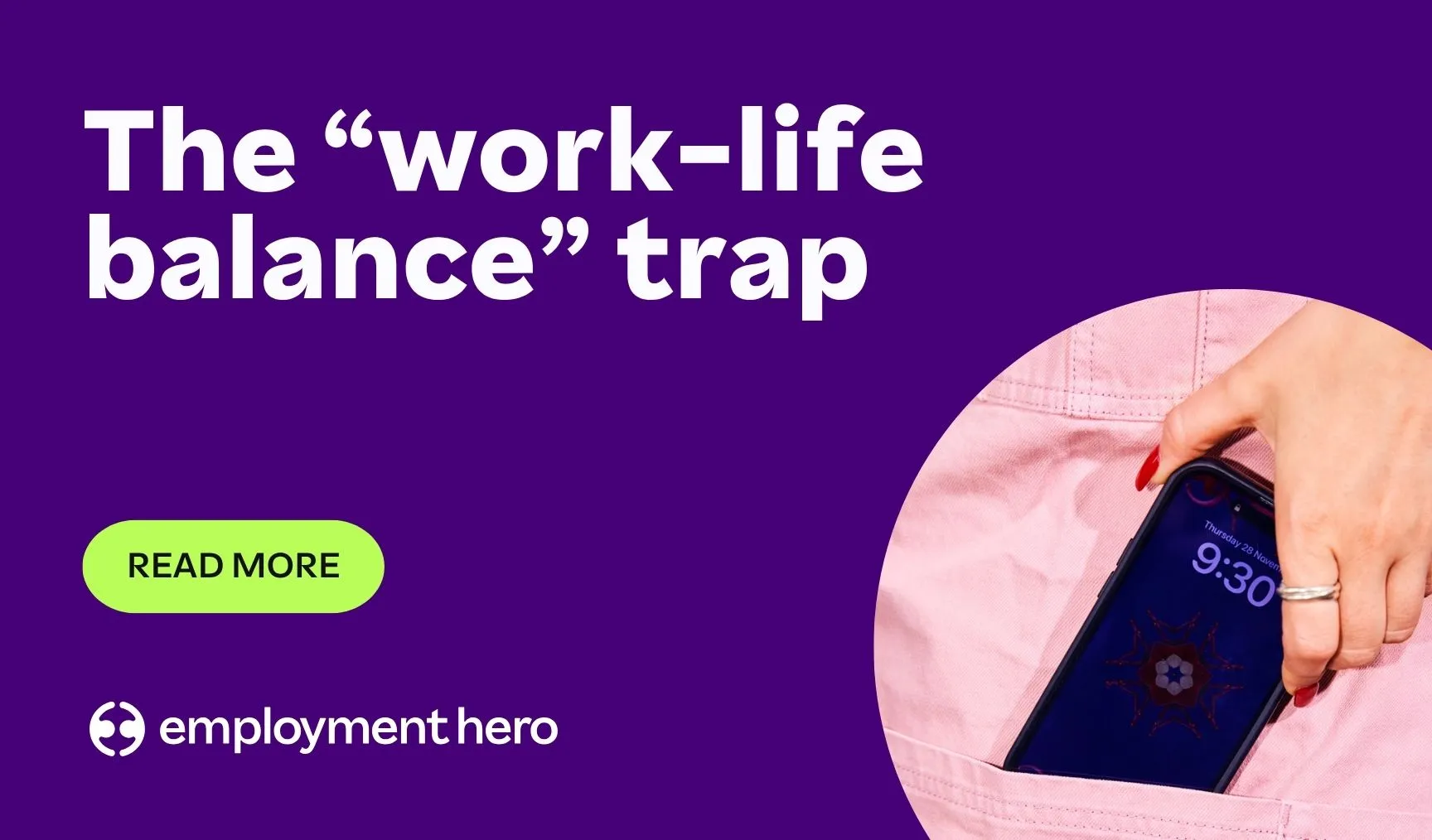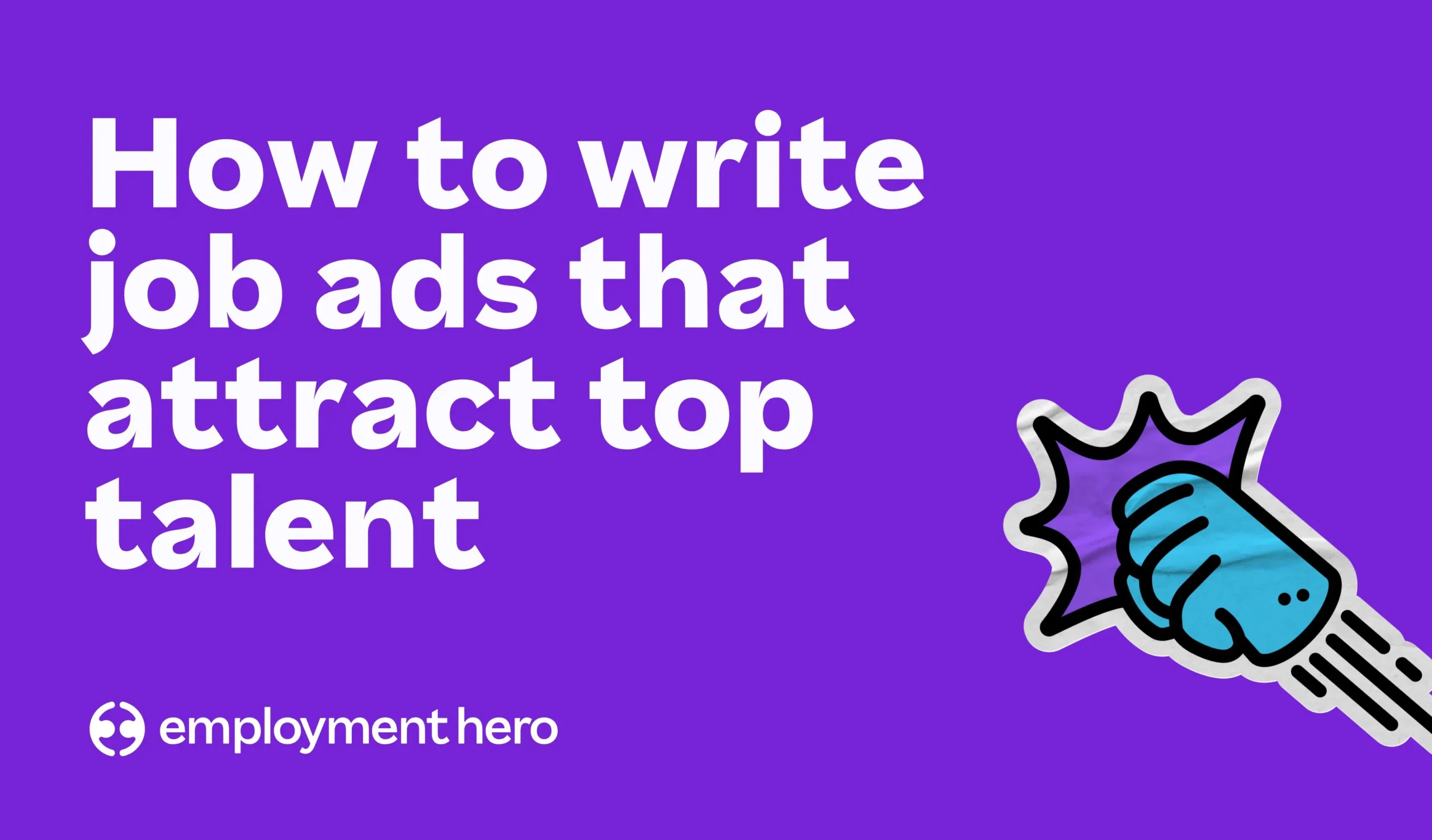Wage theft is now a criminal offence in Australia – here’s everything you need to know.

Contents
Criminal conviction is on the cards for businesses and individuals who deliberately underpay their employees. Learn what this means for Australian employers in 2025.
Are you paying your employees correctly? From 2025, the consequences of getting it wrong are now a whole lot more severe.
These changes are being made through the Government’s Closing Loopholes legislation. Covering the Fair Work Amendment (Closing Loopholes) Bill 2023 and the Fair Work Amendment (Closing Loopholes No.2) Bill 2023, these regulatory reforms present significant changes to the country’s workplace laws and with that, new wage governance standards for employers.
With the criminalisation of wage theft now law, serious penalties and convictions are on the cards for employers and individuals that deliberately underpay their staff. This means that employers can face criminal charges including prison time and severe fines.
Employment Hero’s top employment lawyer and Head of HR Advisory, Simon Obee, says: “Staying across your obligations as an employer has never been more important, with the consequences of getting things wrong, never more severe. Whilst the new wage theft laws target the tiny percentage of employers who do things wrong deliberately, you really don’t want to be put in a situation where you have to argue about whether the underpayment was intentional or an honest mistake, given the penalty for wage theft can be time in prison…. And as is the case now, the courts still have the power to issue heavy fines even where underpayments were found to be unintentional.”
Luckily help is at hand and we’ve rounded up everything you need to know about this changing legislation, helping you stay across this critical compliance change in 2025.
Disclaimer: The information in this article is current as at 16 October 2024, and has been prepared by Employment Hero Pty Ltd (ABN 11 160 047 709) and its related bodies corporate (Employment Hero). The views expressed in this webinar are general information only, are provided in good faith to assist employers and their employees, and should not be relied on as professional advice. The Information is based on data supplied by third parties. While such data is believed to be accurate, it has not been independently verified and no warranties are given that it is complete, accurate, up to date or fit for the purpose for which it is required. Employment Hero does not accept responsibility for any inaccuracy in such data and is not liable for any loss or damages arising either directly or indirectly as a result of reliance on, use of or inability to use any information provided in this article. You should undertake your own research and to seek professional advice before making any decisions or relying on the information in this article.
What is the definition of wage underpayment and how do I know if I’ve committed wage theft?
Fair Work states that “employers will commit an offence if:
“they’re required to pay an amount to an employee (such as wages), or on behalf of or for the benefit of an employee (such as superannuation) under the Fair Work Act, or an industrial instrument”; and
“they intentionally engage in conduct that results in their failure to pay those amounts to or for the employee on or before the day they’re due to be paid.”
The key here is that the underpayment needs to be intentional or deliberate, honest mistakes will not count as wage theft.
That’s not to say that businesses can’t be penalised for making honest mistakes, but rather the new criminal offences will be reserved for deliberate wrongdoing.
When do the penalties for intentional wage theft come into effect?
These changes come into effect from 1 January, 2025.
The legislation will not apply retrospectively, so will only apply to deliberate underpayments from the date the new legislation takes effect.
What are the penalties for businesses who deliberately underpay their employees?
For businesses who deliberately underpay their employees, there are two types of penalties. Penalties apply for the company responsible, and/or for the individuals who engage in conduct relating to underpayment. This could be a business owner, senior manager or any other person actively involved in a deliberate underpayment.
As per Fair Work, the following penalties apply for a company that commits wage theft:
- If the court can determine the underpayment, the greater of 3 times the amount of the underpayment and $7.825 million, or
- If the court can’t determine the underpayment, $7.825 million.
As per Fair Work, the following penalties apply for an individual that commits wage theft:
- Up to 10 years in prison
- If the court can determine the underpayment, the greater of 3 times the amount of the underpayment and $1.565 million, or
- If the court can’t determine the underpayment, $1.565 million.
Who will be responsible for investigating businesses who are suspected of committing underpayment offences?
The Fair Work Ombudsman (FWO) will be responsible for looking into cases and businesses who are suspected of committing underpayment offences.
Do these penalties apply for honest mistakes?
No, these penalties only apply to businesses and individuals that have deliberately underpaid their staff and committed wage theft.
Do these penalties apply to every business?
The new wage theft penalties apply to employers that intentionally underpay their staff.
However, there are two pathways available to employers that may result in avoiding being referred to the FWO for prosecution.
1. If a small business (under 15 employees) is found to have underpaid their staff, it will not be referred for criminal conviction of wage theft if they are able to demonstrate compliance with a newly created Small Business Wage Compliance Code.
2. Where the employer/responsible individuals enter into a cooperative agreement with the FWO. This may apply if they self-report / self-disclose that they have engaged in conduct that may amount to the commission of the wage theft offence. From here, the FWO will look at a range of factors and may decide not to refer those responsible for prosecution. It will usually be a condition of the agreement that the employer makes good the underpayment.
What happens to businesses that mistakenly underpay their staff?
It’s clear to say that the penalties for intentionally underpaying employees can be life-changing. But what happens to businesses who unknowingly underpay their staff? The answer is that businesses can still face heavy fines for underpayments, even if they are found to not be deliberate.
Small businesses (less than 15 employees) can be fined up to $93,900 per unintentional breach of the Fair Work Act, whilst larger businesses can be fined up to $469,500. Individuals involved in such breaches can also be fined up to $18,780 per breach.
These fines can be increased by up to the times where there is deemed to be a “serious contravention” ie where a person or business was reckless as to whether the contravention would occur.
Businesses that mistakenly underpay their employees will not face criminal prosecution, however the severe financial penalties noted above can still apply.
With over 120 Modern Awards, an ever-changing compliance landscape and complex payroll rules, it’s not surprising that mistakes happen often.
If you find that you’ve accidentally underpaid your employees, the first thing you can do is fix the error and adjust any systems to ensure it doesn’t happen again. For more information, Fair Work can guide you through rectifying an unintentional payroll error.
Boost your compliance confidence with an Employment Operating System
For years, we’ve seen wage theft scandals hit front page news almost weekly. Even some of Australia’s biggest employers have been caught up in payroll scandals and ordered to pay back hundreds of millions of dollars.
What might shock you is that wage overpayments are just as common as wage underpayments – which equally can have significant consequences for Aussie businesses.
Australia’s employment legislation is one of the most complex in the world and without the right systems and processes in place, it’s all too easy for mistakes to fall through the cracks. The reality is, that even just one incorrect calculation or one misclassification can snowball and lead to disastrous, albeit unintended consequences for your business.
Thankfully Employment Hero is purpose-built to navigate changes like these. With in-built Modern Award interpretation, a powerful payroll engine and a 1100+ strong team of employment experts, our Employment Operating System can help you confidently manage your obligations.
If you’d like to learn more, get in touch with one of our business specialists today.
Related Resources
-
 Read more: Product Update: June 2025
Read more: Product Update: June 2025Product Update: June 2025
Follow our June 2025 product update as we share all of the latest and greatest features we’ve released over the…
-
 Read more: The ‘work-life balance’ trap: Why promising it is hurting your SME recruitment (and what to promise instead)
Read more: The ‘work-life balance’ trap: Why promising it is hurting your SME recruitment (and what to promise instead)The ‘work-life balance’ trap: Why promising it is hurting your SME recruitment (and what to promise instead)
For growing SMEs, work-life integration is a sustainable way to support your team and attract top talent. Explore how your…
-
 Read more: Job ad guide: How to attract top candidates
Read more: Job ad guide: How to attract top candidatesJob ad guide: How to attract top candidates
Looking to hire your perfect match? The way you pitch your open role can be the difference between landing or…




















